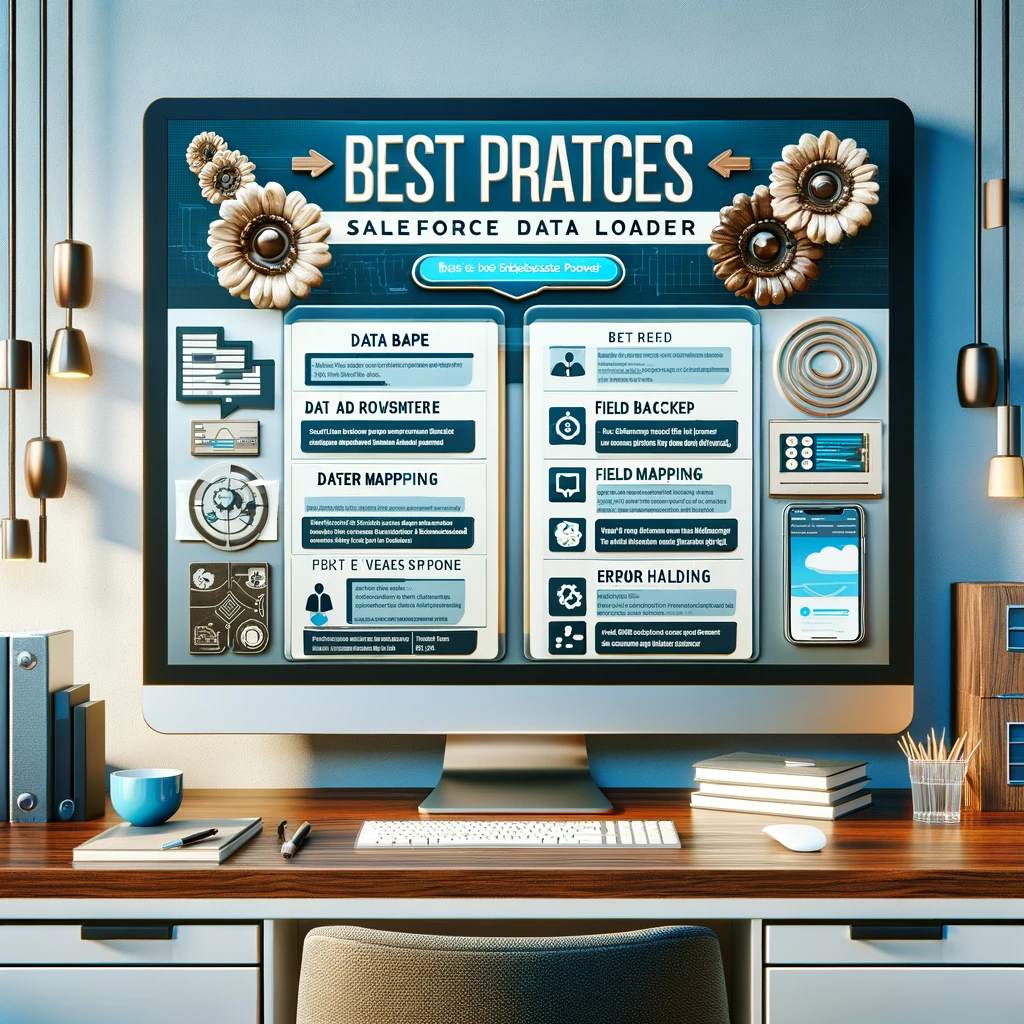Salesforce CRM vs Microsoft CRM: In the realm of Customer Relationship Management (CRM) software, two behemoths stand out: Salesforce CRM and Microsoft CRM (now known as Dynamics 365). Both platforms offer robust solutions for managing customer interactions, streamlining sales processes, and driving business growth. However, choosing between Salesforce and Microsoft CRM requires a careful evaluation of features, integrations, and pricing. In this in-depth guide, we’ll conduct a thorough comparison of Salesforce CRM and Microsoft CRM, helping you make an informed decision for your organization’s CRM needs.
Introduction to Salesforce CRM and Microsoft CRM
Salesforce CRM: Salesforce is a cloud-based CRM platform known for its scalability, flexibility, and extensive range of features. It offers solutions for sales, marketing, customer service, and more, all accessible through a user-friendly interface and supported by a robust ecosystem of third-party integrations and extensions.
Microsoft CRM (Dynamics 365): Dynamics 365, formerly known as Microsoft CRM, is a comprehensive suite of business applications that includes CRM functionality. Built on the Microsoft Power Platform, Dynamics 365 offers modules for sales, marketing, customer service, and operations, providing seamless integration with other Microsoft products and services.
Key Features and Capabilities
Salesforce CRM:
- Cloud-Based Deployment: Salesforce CRM is entirely cloud-based, enabling easy access from anywhere with an internet connection.
- Extensive Customization: Salesforce offers extensive customization options, allowing users to tailor the platform to their specific business requirements.
- AppExchange Marketplace: The Salesforce AppExchange provides a vast marketplace of third-party apps and integrations to extend the platform’s functionality.
- AI-Powered Insights: Salesforce Einstein AI offers predictive analytics and actionable insights to drive sales and marketing effectiveness.
Microsoft CRM (Dynamics 365):
- Integration with Office 365: Dynamics 365 seamlessly integrates with Office 365 applications, such as Outlook, Excel, and Teams, enhancing collaboration and productivity.
- Unified Interface: Dynamics 365 provides a unified interface across its various modules, offering a consistent user experience and streamlined navigation.
- Business Process Flows: Dynamics 365 enables users to create customizable business process flows to guide users through sales, service, and marketing processes.
- Power BI Integration: Dynamics 365 integrates with Power BI for advanced reporting and analytics, providing real-time insights into business performance.
Salesforce CRM vs Microsoft CRM: A Comparison
| Feature | Salesforce CRM | Microsoft CRM (Dynamics 365) |
|---|---|---|
| Deployment | Cloud-based | Cloud-based |
| Customization | Extensive customization options | Customization options through Power Platform |
| Integration | Wide range of third-party integrations | Seamless integration with Office 365 and Power Platform |
| AI-Powered Insights | Salesforce Einstein AI | Built-in analytics and reporting tools |
| User Interface | Intuitive and user-friendly | Unified interface across modules |
Use Cases and Applications
Salesforce CRM:
- Small to Midsize Businesses (SMBs): Salesforce CRM’s scalability and affordability make it a popular choice for SMBs looking for a flexible CRM solution.
- Sales and Marketing Teams: Salesforce’s robust features for lead management, pipeline tracking, and marketing automation are well-suited for sales and marketing teams.
- Cloud-Native Environments: Businesses embracing cloud-native strategies may find Salesforce’s cloud-based approach more aligned with their technology stack.
Microsoft CRM (Dynamics 365):
- Enterprise-Level Organizations: Dynamics 365’s integration with Office 365 and Power Platform makes it a preferred choice for large enterprises seeking seamless collaboration and productivity.
- Microsoft Ecosystem Users: Companies already invested in the Microsoft ecosystem may prefer Dynamics 365 for its tight integration with Office 365 applications and other Microsoft products and services.
- Unified Business Processes: Organizations looking to streamline business processes across sales, service, and operations can benefit from Dynamics 365’s unified interface and business process flows.
External Links and Resources
Frequently Asked Questions (FAQs)
Which CRM platform is better suited for small businesses: Salesforce CRM or Microsoft CRM?
Salesforce CRM is often preferred by small businesses due to its scalability, affordability, and ease of use. However, Dynamics 365 may be a viable option for businesses already invested in the Microsoft ecosystem.
Can Salesforce CRM and Microsoft CRM be integrated with other third-party applications?
Yes, both Salesforce CRM and Dynamics 365 offer integration capabilities with a wide range of third-party applications and services, allowing organizations to create custom workflows and streamline business processes.
What are the pricing considerations for Salesforce CRM and Microsoft CRM?
Pricing for Salesforce CRM and Dynamics 365 varies depending on factors such as the number of users, required features, and deployment options. Organizations should evaluate their specific needs and budget constraints when considering pricing options for CRM solutions.
Conclusion
Choosing between Salesforce CRM and Microsoft CRM (Dynamics 365) requires careful consideration of factors such as features, integration capabilities, user experience, and pricing. While Salesforce CRM offers extensive customization and a robust ecosystem of third-party integrations, Dynamics 365 provides seamless integration with Office 365 and Power Platform, making it a preferred choice for organizations already leveraging the Microsoft ecosystem. By understanding the differences and use cases of Salesforce CRM and Microsoft CRM, businesses can select the CRM solution that best aligns with their needs and objectives.

